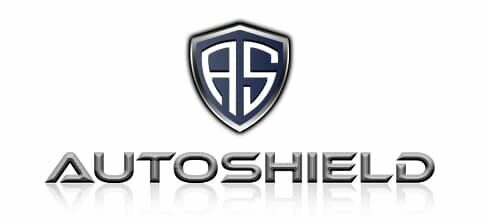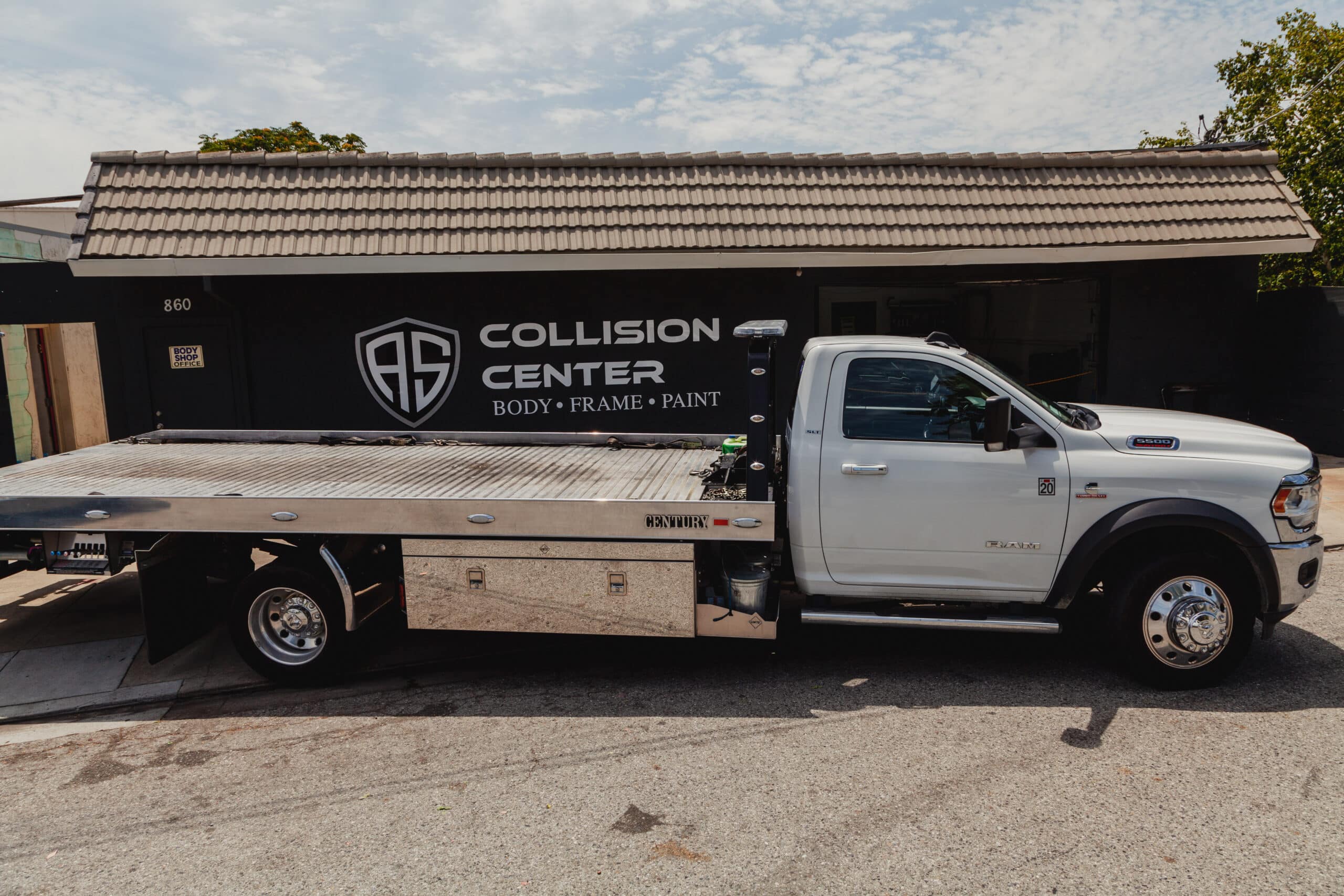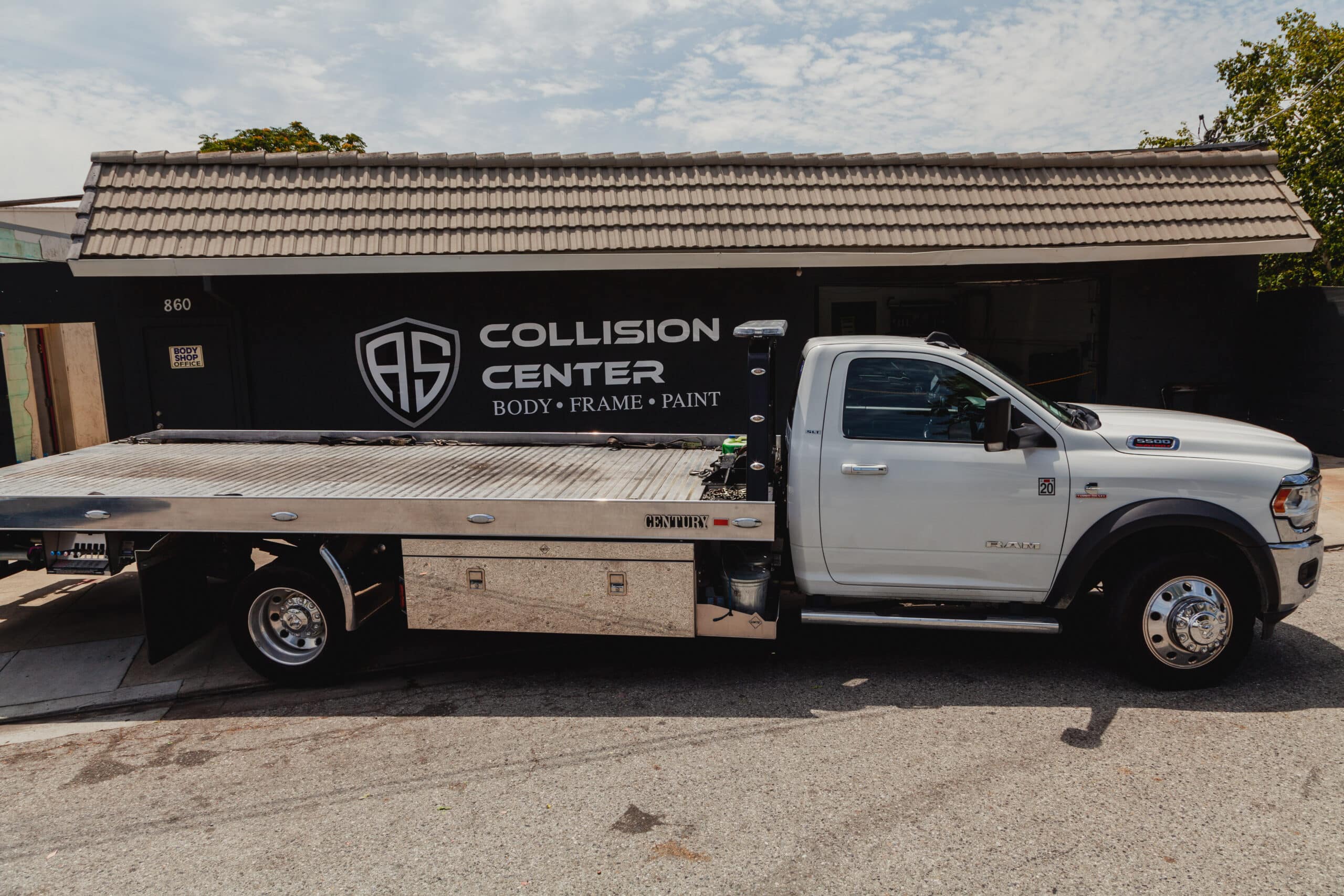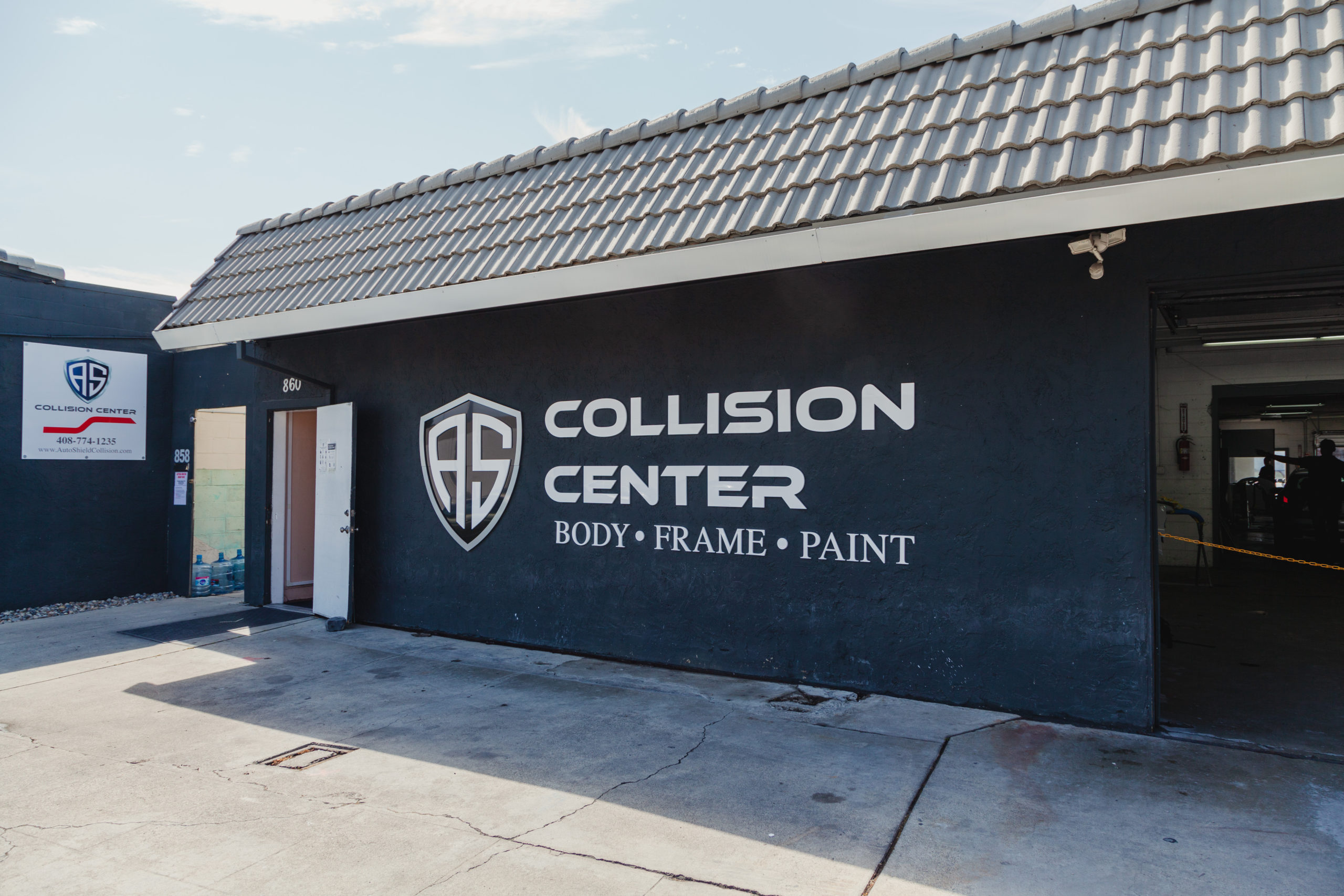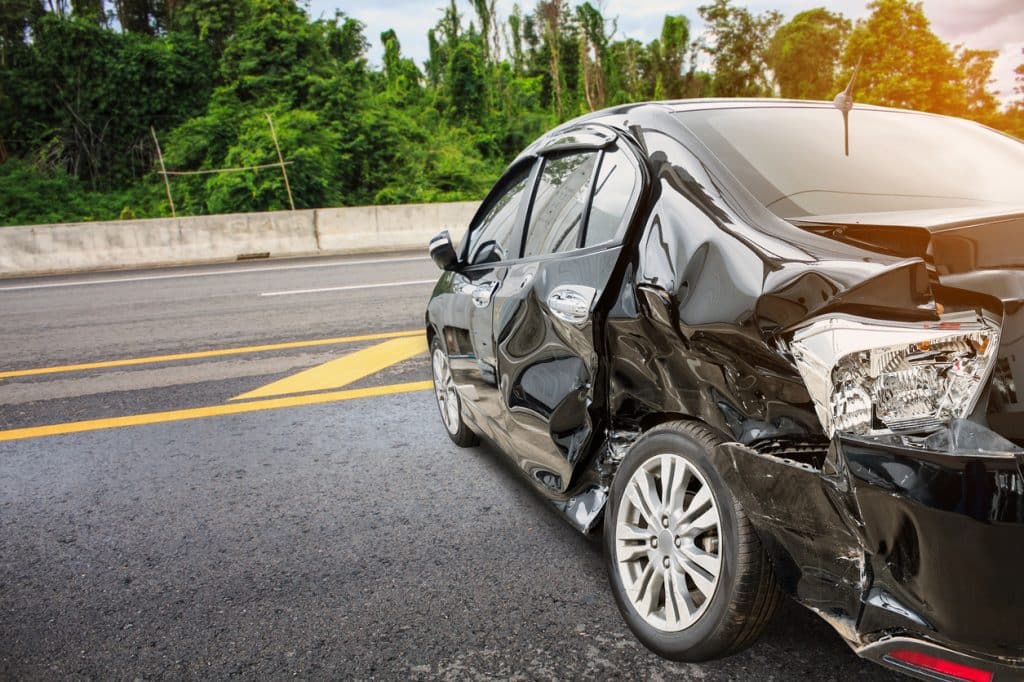The United States has some of the world’s busiest roads. With nearly 290 million motor vehicles, the country records that over 5 million cars are involved in accidents yearly.
Knowing what to do after a car accident helps protect your safety, well-being, and everyone involved. Taking the right actions at the moment can also help you:
- Preserve evidence
- Minimize legal and financial liabilities
- Get the compensation you deserve
We’ve compiled a list of steps to follow if you are in such an unfortunate situation. Following these steps can help protect yourself and others in a car accident.
1 . Check Yourself and Any Passengers for Injuries
After a car accident, your safety and well-being should be your first priority. It’s important to check yourself for any injuries. If you’re seriously injured, try to stay as still as possible. Ensure you alert someone if you can and wait for assistance.
If you can move and have no life-threatening injuries, check on the vehicle’s other occupants or the other parties involved.
Besides getting treatment for injuries, checking on yourself helps you document any injuries you sustained in the accident report. This documentation will be used to file a claim with the insurance company for compensation for your injuries.
2. Call the Police to Report the Accident
Once you’ve established the situation, you need to call the police immediately to report the accident. The law requires that you make a police report for any car accident.
Even if it’s a minor accident with no injuries, failing to report can attract fines and other legal consequences. Responding officers will compile an accident report with all the details regarding the scene and parties involved.
Secondly, calling the police is important because if there are any injured parties, the police offer assistance and get them medical help fast. And, if the accident has caused a traffic hazard or property damage, the police take control and prevent anyone else from getting injured.
3. Move Your Vehicle Out of the Way of the Trafic
If possible, move your car out of the road once the accident happens because:
- When your vehicle is stalled on the street, other cars could ram into it, causing more damage or injuries
- If your vehicle is blocking the road, moving it can help traffic move smoothly
- In some cases, leaving your car blocking the road is illegal, and moving it could help you avoid legal issues
Remember, you should only move your car if it’s safe. If you’re unable to move your car, or it’s unsafe, remain in your vehicle and keep the hazard lights on as you wait for help to arrive.
4. Exchange Insurance Information With the Other Driver
Exchanging car insurance information with the other driver after an accident allows both parties to file an auto insurance claim with their respective insurance companies. Get the policy number driver’s license, the insurer’s contact details, and the driver’s name.
Without the other drivers’ insurance information, obtaining compensation for damages or injuries may be more difficult. In many states, it’s legally required to exchange car insurance information for the vehicles involved in an accident.
The insurance company details also ensure both parties have accurate and complete information about the accident, which can be helpful if a dispute arises. It also makes it easier to resolve any issues that may arise, such as determining who is at fault for the accident or negotiating the cost of repairs.
Remain calm and cooperative when exchanging car insurance information with the drivers involved. If you cannot or are in a dangerous situation, wait for law enforcement to arrive and handle the exchange of information.
5. Take Pictures of the Accident Scene
After an accident, you’ll probably be in shock, and so many details could be hard to remember. Taking pictures helps you document the accident’s events and serve as a reminder of what happened. The photos will also help you because:
- Photographs can serve as evidence of a dispute or legal action
- They provide a clear and objective record of the vehicle damage and the surrounding area
- Photographs can help establish who was at fault for the accident and serve as evidence.
- If you need to file a claim with the insurance company, having pictures helps you support your case. It can also help ensure you receive proper compensation for damages or injuries.
Pro tip: Take pictures of the scene and all the parties involved from different angles, including close-up shots of any damage and broader photos showing the overall accident scene. Also, ensure you take pictures of any injuries you or anyone involved in the accident may have sustained.
6. Make a Written Record of What Happened
As mentioned, when police officers arrive at the accident scene, they’ll document a police report by asking you some questions. Officers mostly ask basic questions like your name, insurance company details, license plates, and driver’s license number.
It’s a good idea for you to write a detailed report about the relevant details of the accident. A written report will help you with the following:
- Accurate documentation: Recording the events that occurred during the accident accurately. This will be useful in determining the cause of the accident and identifying any factors that may have contributed to it.
- Legal purposes: In some cases, an accident may result in a legal dispute. A written report can serve as evidence in court or an insurance claim.
- Insurance purposes: Insurance companies often require written statements of an accident before processing a claim. A detailed report ensures that all relevant information is provided to the insurance company when you file a claim.
- Personal record: A written statement also serves as a personal record of the accident, which will come in handy anytime you need to refer back to the details later.
7. Contact Your Insurance Company to File a Claim
Most insurance policies require you to report accidents as soon as possible after they occur. Informing your insurer about the accident begins the insurance claim process for you to receive coverage or benefits that may be available to you under your policy.
Also, the car insurance company helps assess the damages and pays any claims properly.
Your car insurance company will help you navigate the claims process and provide support and guidance. They can help you understand your car insurance coverage, explain the steps you need to take, and answer any questions you may have.
If you have coverage for damages or injuries sustained in the accident, your insurance company can help you receive the benefits you are entitled to under your policy.
Contact your insurance provider after an accident to protect your interests and ensure you receive the coverage, medical expenses, and benefits you’re entitled to. Remember that the sooner you contact your insurance company, the easier it will be to resolve any insurance claims or issues.
Car Accident FAQs
What do I do if a car accident is not my fault?
If you’re in a car accident and it’s not your fault, try to stay calm. Do not admit fault or apologize for the accident.
Even if you feel you could’ve contributed somehow, leave it to the insurance companies and the legal procedures to determine whose fault it was.
How long does a car accident claim process take to settle?
The claims process after a car accident can take anywhere between a few weeks, months, or even years. The reason for this discrepancy is that it depends on several factors.
For example:
- The severity of the accident: More severe accidents with more severe injuries can take longer to resolve. On the other hand, cases, where injuries were minor or no damages at all can be resolved in a few weeks.
- The complexity of the case: If multiple parties are involved in the accident, or there’s a dispute as to whose fault it was, the insurance claim may take longer to settle.
- The insurance company: Some car insurance companies are more efficient in collecting medical records and obtaining estimates for repairing damaged property and other documentation, which can speed up the claims process.
What should I not do after a car accident?
Statistics suggest that every average American will file a car insurance claim at least once every 18 years. This is why knowing what not to do after a car accident is important.
The one thing you should avoid doing after an accident is speeding off. Avoid leaving the accident scene until it’s appropriate to do so.
Although you may be in shock, try to stay calm and follow all the steps mentioned above about what to do after a car accident.
